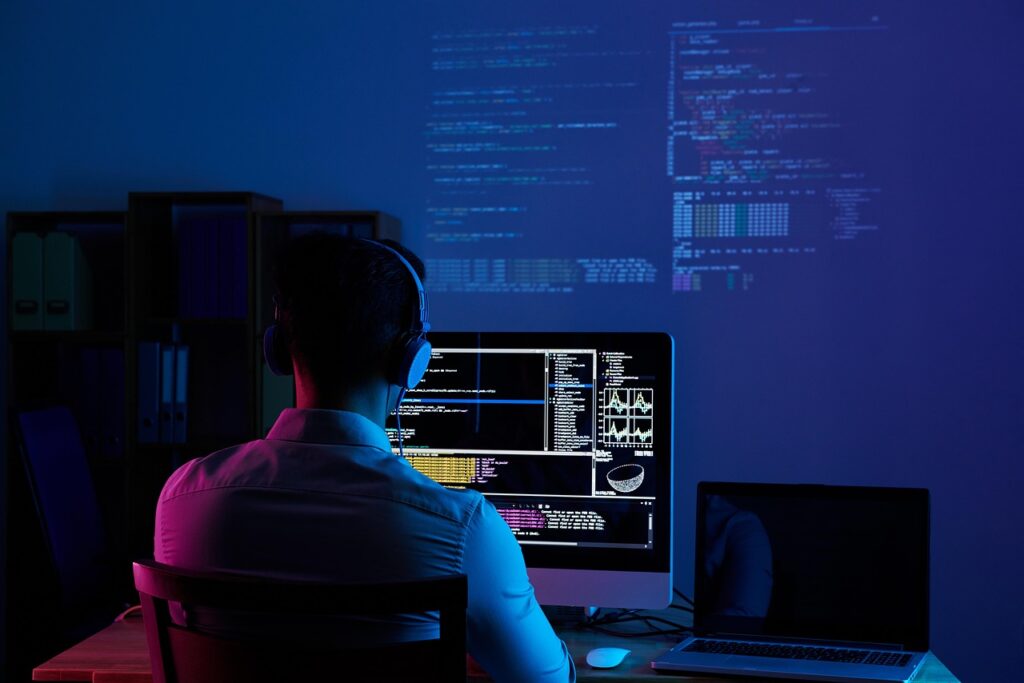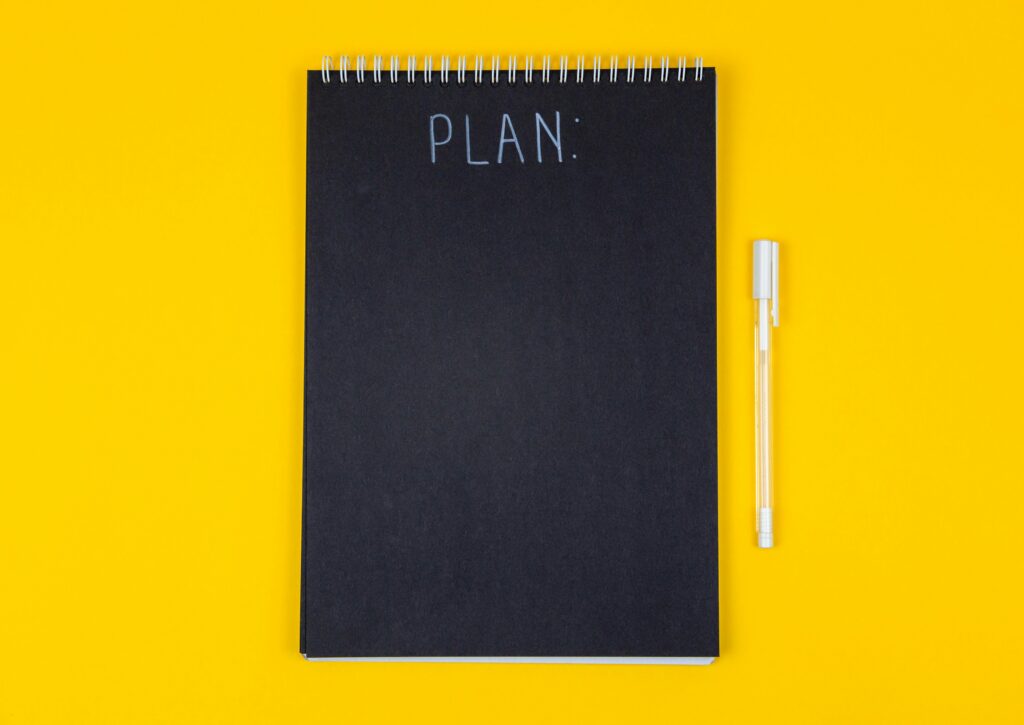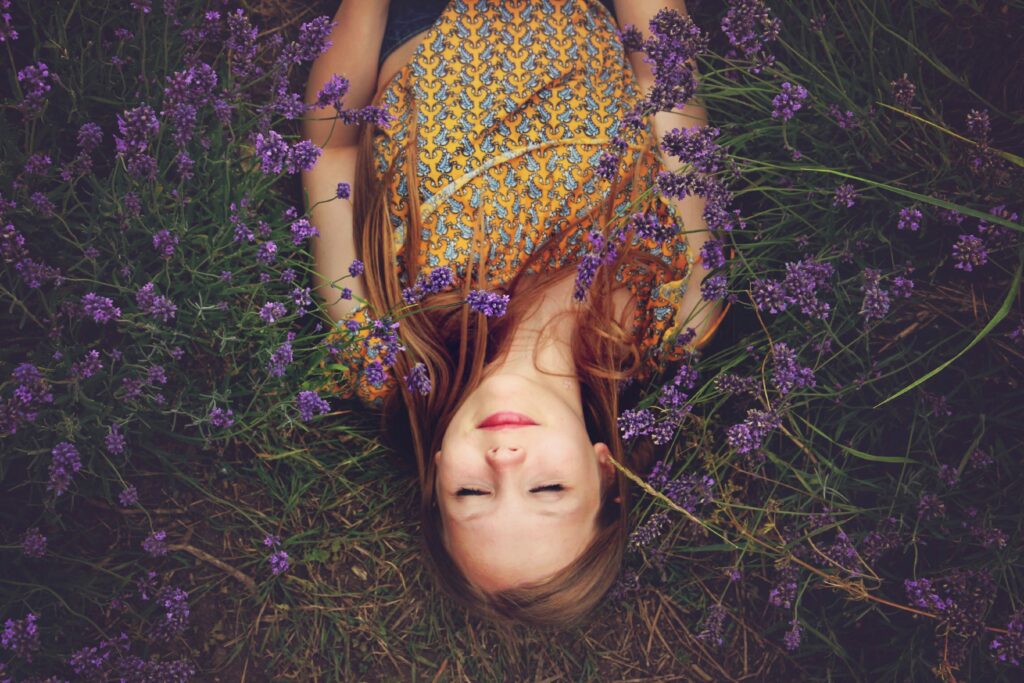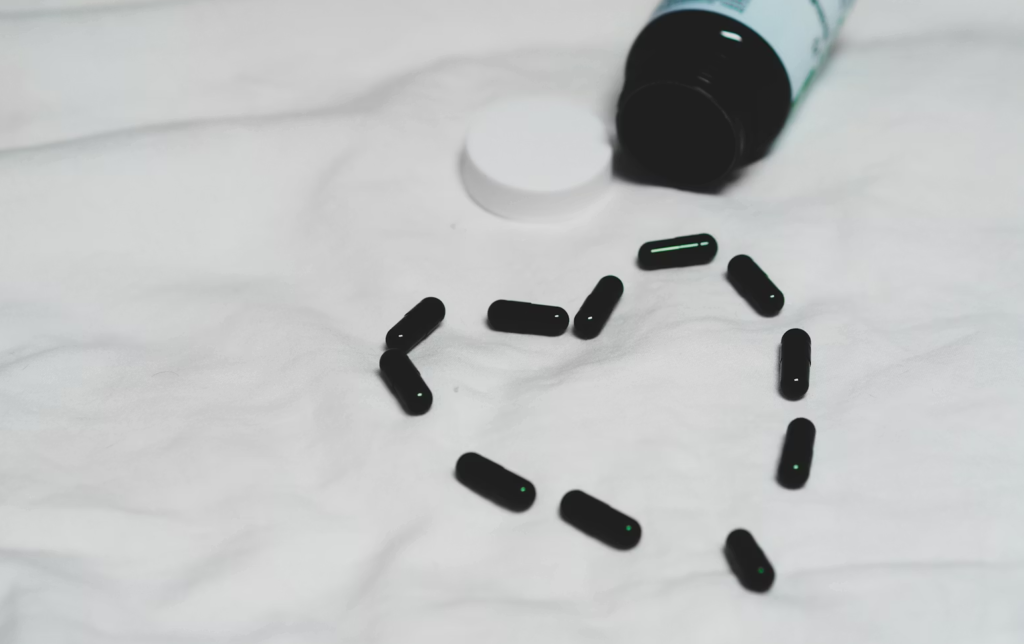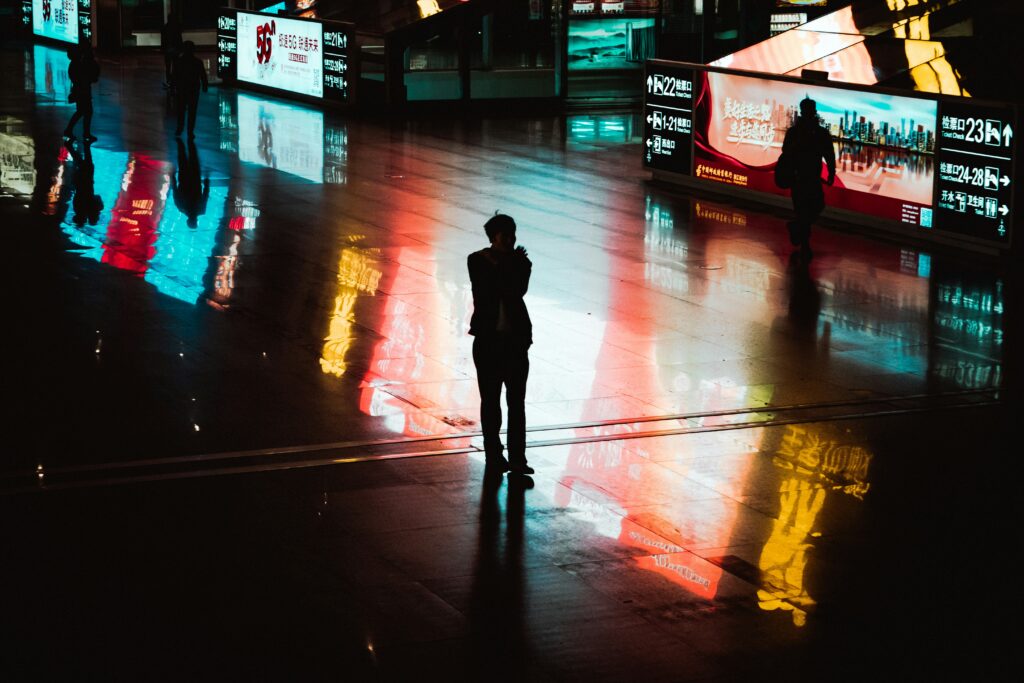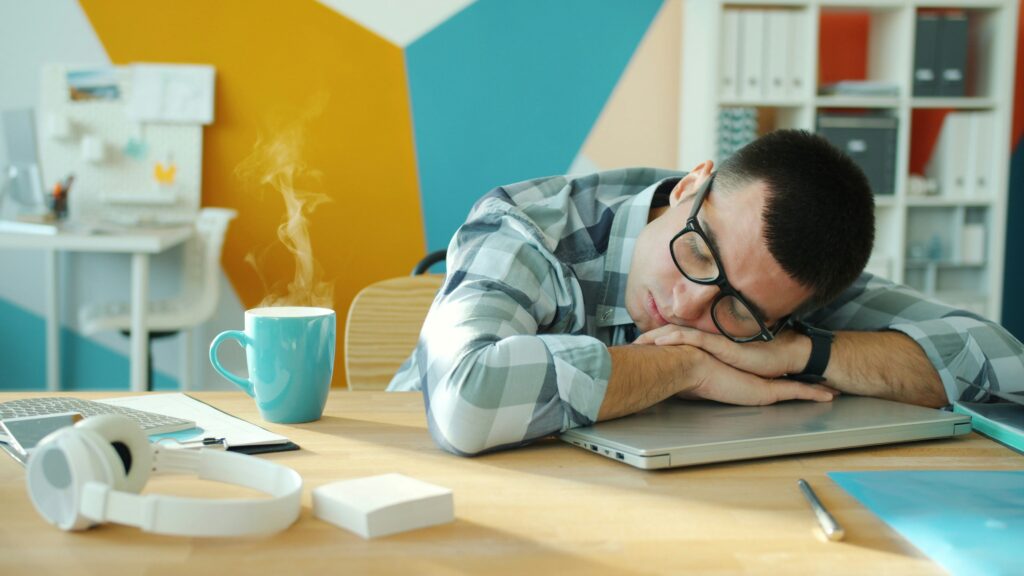How blue light affects sleep and how to reduce exposure is becoming one of the most important wellness topics in our tech-driven world. If you’ve ever stayed up scrolling on your phone and then struggled to fall asleep, you’ve likely experienced its effects firsthand. Blue light, a type of high-energy visible light, comes not only from the sun but also from digital screens, LED lights, and other artificial sources.
This article will break down what blue light does to your sleep, why it matters for your health, and the most effective ways to protect yourself without giving up your devices. By the end, you’ll know the top things you need to know – from understanding how your body’s natural rhythms work to practical tools that can help you rest better tonight.
1. What Is Blue Light and Where Does It Come From?
Before diving into how blue light affects sleep and how to reduce exposure, it’s important to understand what it is. Blue light is part of the visible light spectrum, with a short wavelength and high energy. In nature, it plays an important role – it’s present in sunlight and helps regulate your circadian rhythm, the body’s internal clock that tells you when to be awake and when to sleep.
However, the issue comes from artificial sources. LED lights, computer monitors, smartphones, tablets, and TVs all emit concentrated amounts of blue light—often late into the evening. While our ancestors relied on the natural cycle of sunlight and darkness, modern lighting tricks our brain into thinking it’s still daytime, delaying the release of melatonin, the hormone that makes us sleepy.
Key things to know:
- Sunlight contains balanced blue light; artificial sources often have more intense blue wavelengths.
- Your body uses blue light cues to regulate sleep-wake cycles.
- Overexposure at night can confuse your internal clock.
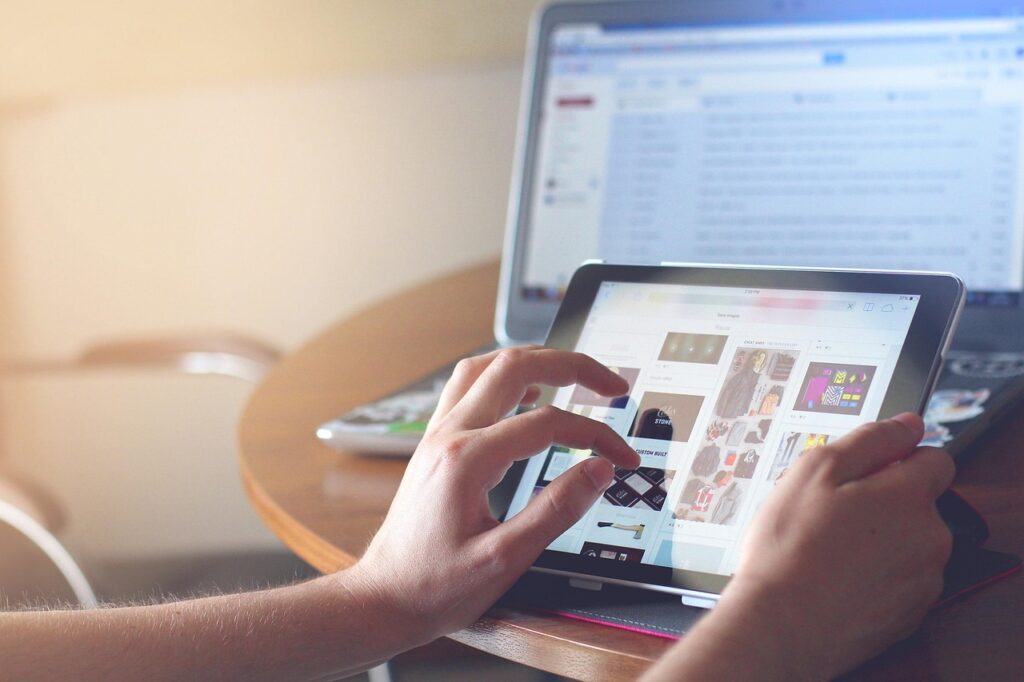
2. How Blue Light Affects Sleep Quality
When discussing how blue light affects sleep and how to reduce its impact, the core problem is its interference with melatonin production. Normally, as evening approaches, your body increases melatonin levels to prepare you for rest. Exposure to blue light, especially within two hours of bedtime, can significantly suppress this process.
Studies have shown that just a couple of hours of screen use at night can shift your circadian rhythm by 1–2 hours, making it harder to fall asleep and reducing overall sleep quality. This often leads to:
- Longer time to fall asleep (sleep latency)
- Shorter total sleep duration
- More nighttime awakenings
- Less restorative deep sleep
This disruption doesn’t just leave you feeling tired, it can affect your mood, cognitive function, and even long-term health. Poor sleep is linked to issues like weight gain, anxiety, and weakened immunity. Reducing blue light exposure is one of the simplest ways to protect your sleep health.
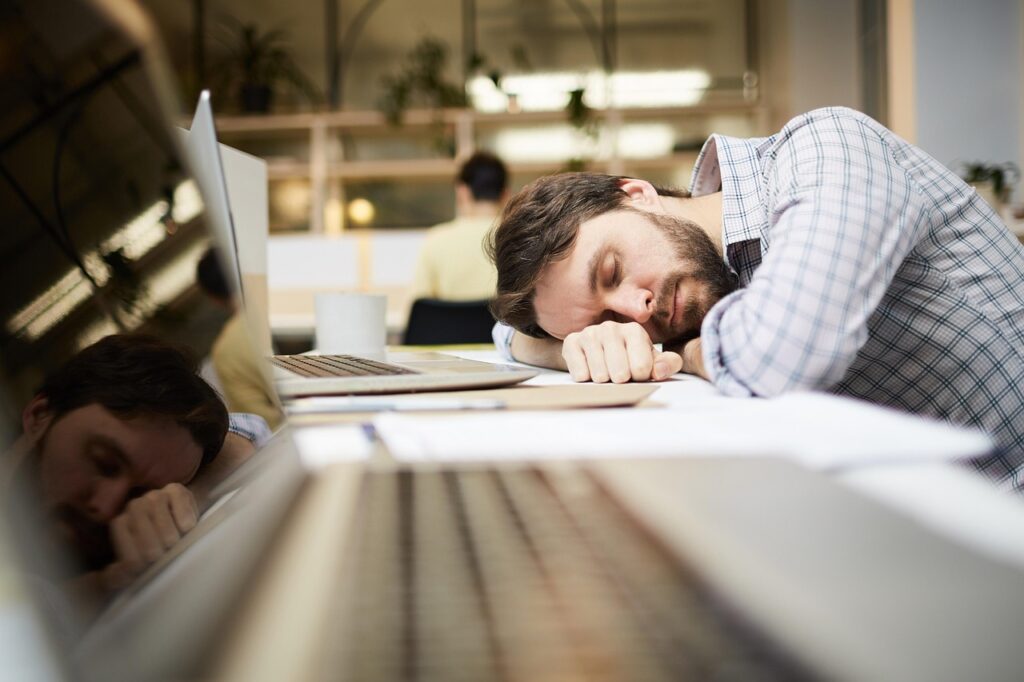
3. Day vs. Night: Timing Matters
Interestingly, blue light isn’t always bad. During the day, exposure to natural blue light helps you stay alert, boosts mood, and improves focus. That’s why outdoor daylight is so energizing. The problem is timing – your body expects less blue light as the evening progresses.
Think of it as a signal system:
- Morning to Afternoon: Blue light tells your brain it’s time to be awake and active.
- Evening: Reduced blue light signals your brain to start winding down.
When you keep your phone or laptop in your face late at night, you send the “stay awake” signal at the exact time your body is trying to power down. By managing the timing of exposure, you can get the benefits during the day while avoiding the downsides at night.
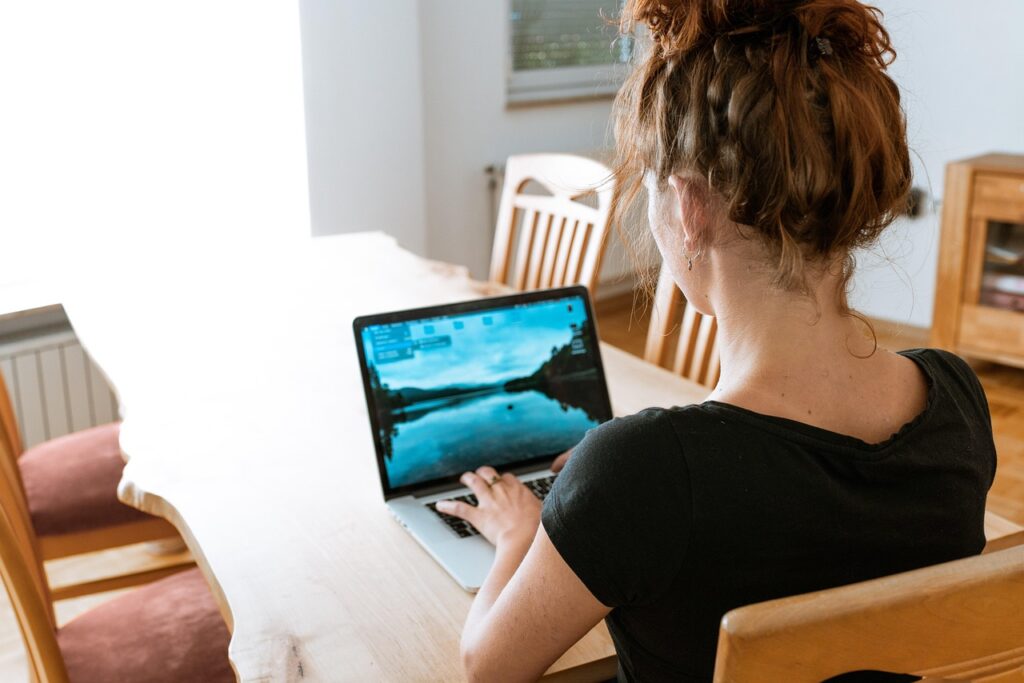
4. Practical Ways to Reduce Blue Light Exposure at Night
The good news is there are simple, science-backed ways to limit the effects of blue light without ditching your devices entirely.
Key strategies include:
- Use Blue Light Filters: Most phones and computers have “Night Shift” or “Night Mode” settings that reduce blue wavelengths.
- Invest in Blue Light Blocking Glasses: These glasses filter out high-energy blue light and are especially useful for nighttime screen use.
- Dim or Switch Lighting: Use warmer-toned bulbs in the evening or install smart lights that automatically adjust color temperature.
- Create a Screen Curfew: Aim to stop using devices 1–2 hours before bedtime. Instead, read a book, listen to music, or journal.
- Increase Daytime Light Exposure: Get natural sunlight in the morning to strengthen your circadian rhythm, making it more resilient to nighttime disruption.
By consistently applying these habits, you’ll train your body to fall asleep more easily and wake up feeling refreshed.
5. Tech Tools and Apps That Can Help
If you’re serious about improving sleep but can’t avoid evening screen time, technology can actually help solve the problem it created.
Helpful tools include:
- f.lux (Desktop App): Automatically adjusts your screen’s color temperature based on the time of day.
- Iris: A customizable blue light filter with advanced settings.
- Oura Ring / WHOOP: Wearable devices that track your sleep and can alert you to patterns of disruption.
- Apple Night Shift / Android Night Light: Built-in features to reduce blue light emissions from mobile devices.
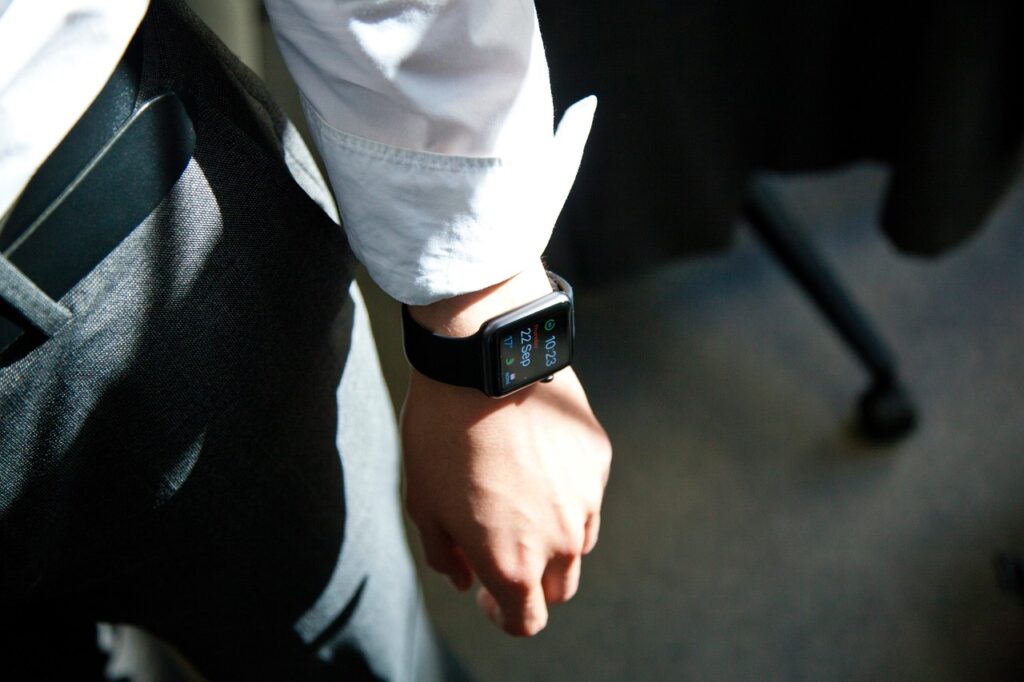
Using these tools in combination with good nighttime habits ensures that your exposure to disruptive light is minimized, even if your work or lifestyle requires evening screen time.
FAQ: How Blue Light Affects Sleep and How to Reduce Exposure
1. Is all blue light bad for you?
No. Blue light during the day is essential for regulating your body’s natural rhythm, boosting alertness, and enhancing mood. The problem is overexposure at night, which can delay sleep and reduce sleep quality.
2. Do blue light blocking glasses really work?
Yes, high-quality blue light blocking glasses can reduce the amount of stimulating light reaching your eyes, especially if worn 2–3 hours before bed. They’re most effective when paired with other habits, like dimming lights and reducing screen use before sleep.
3. How long before bed should I avoid screens?
Experts recommend stopping screen use at least 1–2 hours before bed. If that’s not possible, use blue light filters or glasses to minimize the impact.
Final thoughts
Understanding how blue light affects sleep and how to reduce exposure is a game-changer for your overall health and well-being. While blue light is beneficial during the day, too much of it at night disrupts melatonin production, shifts your circadian rhythm, and lowers sleep quality.
By adjusting your habits, like using blue light filters, dimming evening lighting, and limiting screens before bed, you can protect your natural sleep cycle and wake up more energized. The changes are simple but the results can be life-changing.
Better sleep starts with better light management. Tonight could be the first night you feel the difference.
How do you limit your blue light exposure and have you noticed any difference? Let us know in the comments below.

